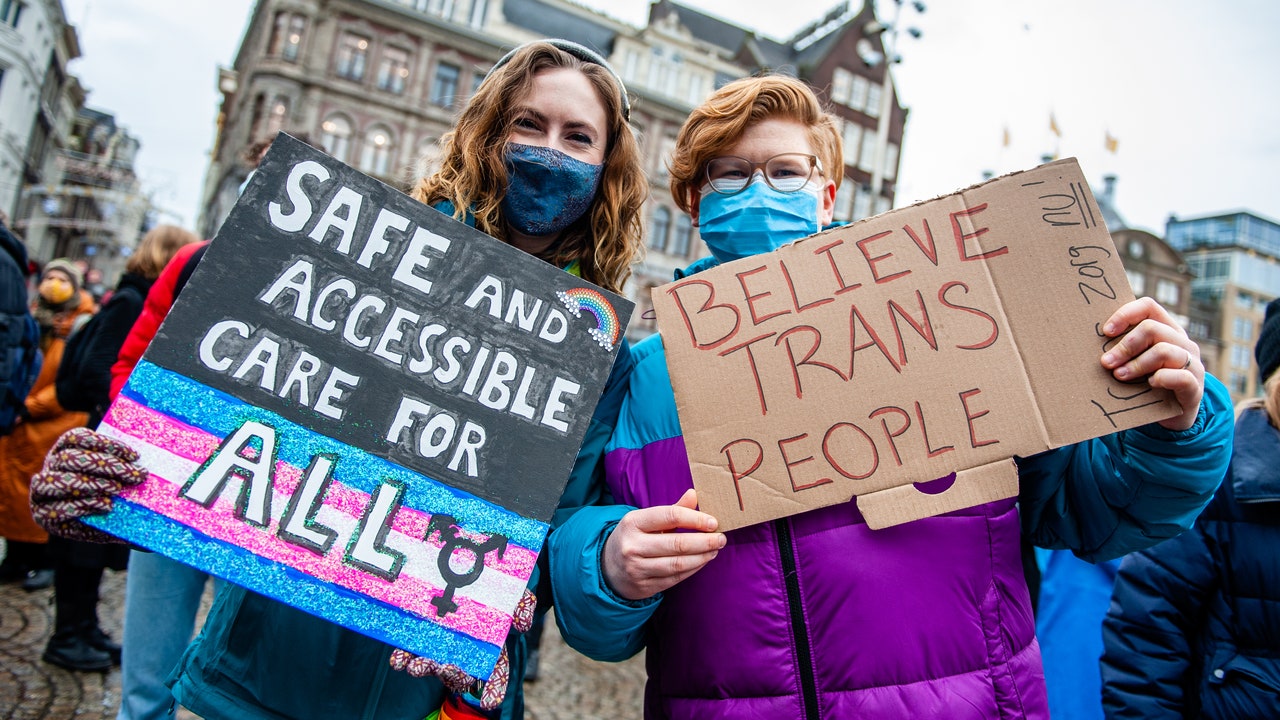
The reality is that study after study establishes the benefits of gender-affirming care, which include increased body satisfaction, improved social functioning, hope for the future, and lower rates of depression, eating disorders, self-injury, and suicide. As a physician, I fail to see how well-studied treatments are experimental.
Federal judge Robert Hinkle resoundingly agreed and struck down the Medicaid rule, the medical board ban, and issued a preliminary injunction on part of the legislative ban on gender-affirming care for youth, stating that “gender identity is real. The record makes this clear,” and “There is no rational basis for a state to categorically ban these treatments or exclude them from the state’s Medicaid coverage.”
Using medications “off-label” is neither uncommon nor unsafe.
Misleading statements about the safety of medical treatments might sway those not yet fully deceived. Puberty-pausing medications have not received FDA approval for use in youth with gender dysphoria. What that means is that these medications, like many, have not been subjected to a costly, long, and logistically challenging evaluation process by a federal regulatory body. But off-label medical care isn’t scary or subversive — it’s common, guideline-informed, and tailored to the individual. A few examples of FDA-approved medications being used “off-label” include beta-blockers for anxiety, migraines, and tremors (originally approved as treatment for high blood pressure and abnormal heart rhythms); trazodone for sleep (originally approved as an anti-depressant); steroids to jumpstart fetal lung development (originally approved to treat inflammation), and hormone blockers to treat prostate cancer.
Puberty-blocking medications became the national focal point of yet another anti-transgender outrage cycle in the summer of 2022 when claims about their effects on bone density reached a dull roar. Parents who consent to puberty blockers on behalf of their teens aren’t surprised to read about bone density in the news, but they are confused as to why so many strangers care. All we ever have in medicine are less-than-perfect tools, but we know how to balance autonomy, risks, and benefits for the patients who need our help now.
It is exceedingly rare that people regret getting gender-affirming care.
In the past few years, those seeking to limit access to gender-affirming care have propped up a small group of so-called “detransitioners” — people who stop receiving gender-affirming care and, as anti-trans activists tell us, regret their transitions. These stories, which are often collected from and by anti-trans organizations, websites, and actors, have been an effective tool for falsely normalizing the notion that gender-affirming care often leads to regret. In fact, it is exceedingly rare for a person to later determine that they are not transgender. For one thing, people may discontinue gender-affirming care for several reasons that don’t have anything to do with “regret,” including lack of access to social support or resources, or barriers to ongoing treatment. As just one example, unfilled prescriptions and missed doctors’ appointments — things that bad actors point to as proof of transition regret — are likely a reflection of the challenging health systems that young adults depend on, rather than a change in their gender identities or “regret” around transition.
Studies of transgender individuals who have undergone medical transition report rates of regret of less than 1%. One study showed that the vast majority of trans youth continue receiving medical aspects of gender-affirming care into adulthood. Another study of American trans teens showed that none discontinued care because of regret.
If we have the facts at hand, the disinformation blitz doesn’t have to overwhelm our rational minds. While there is no immediate solution for disinformation in health policy, we must start with vigilance and clarity. Legal advocates and medical experts are working around the clock to defeat these policies and set safer precedents moving forward. In many cases, our courts are not fooled. And as injunctions on these bans wind their way through higher courts, the sociopolitical climate is more important than ever and we all have a role to play.
Get the best of what’s queer. Sign up for Them’s weekly newsletter here.



